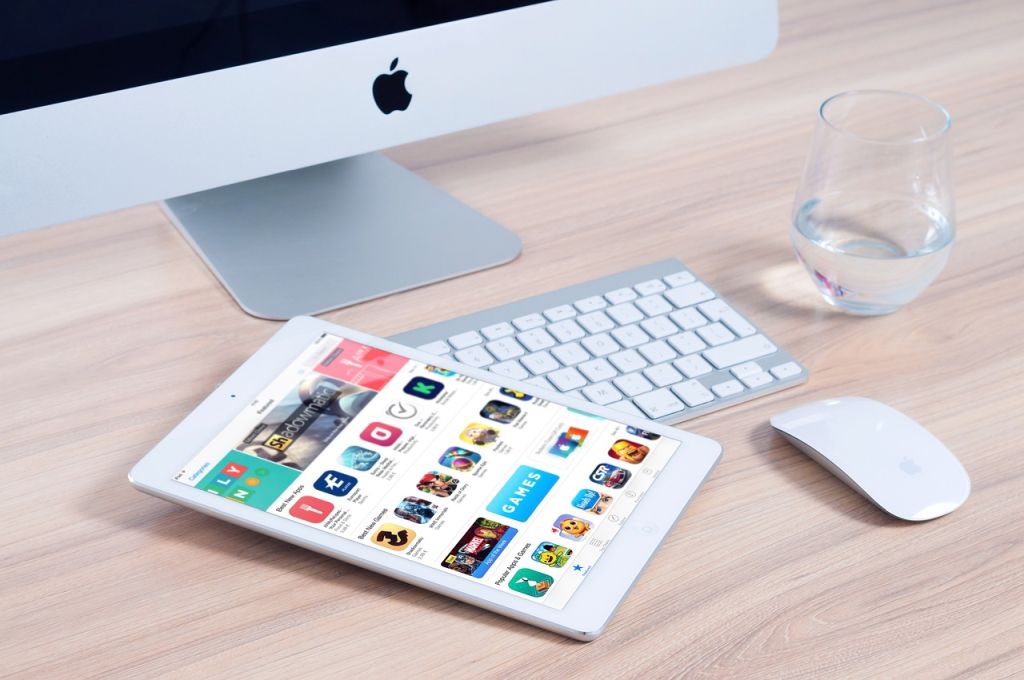In the ever-evolving landscape of healthcare, technology continues to play a pivotal role in enhancing patient care and provider efficiency. Mobile health apps have emerged as vital tools in this transformation, offering a range of functionalities from remote monitoring to telemedicine. These apps are designed to cater to both patients and healthcare providers, bridging gaps in communication, improving health outcomes, and making healthcare more accessible. Here, we explore some of the best mobile health apps for patients and providers, highlighting their features and benefits.
For Patients
-
MyChart
MyChart, developed by Epic Systems, is a comprehensive app that allows patients to access their medical records, communicate with their healthcare providers, schedule appointments, and request prescription refills. It also provides lab results and health reminders, making it a one-stop solution for managing personal health.
Features:
- View test results and medical records.
- Schedule and manage appointments.
- Secure messaging with healthcare providers.
- Prescription refill requests.
- Health reminders and notifications.
Benefits: MyChart enhances patient engagement by providing easy access to personal health information. It promotes proactive health management and fosters better communication between patients and providers.
- Medisafe
Medisafe is a medication management app designed to help patients take their medications on time and as prescribed. It offers personalized reminders and tracks medication adherence, which is crucial for managing chronic conditions.
Features:
- Personalized medication reminders.
- Drug interaction warnings.
- Health condition tracking.
- Progress reports to share with healthcare providers.
- Family and caregiver support.
Benefits: Medisafe reduces the risk of missed doses and medication errors, thereby improving treatment outcomes. It also provides valuable insights that can be shared with healthcare providers to optimize treatment plans.
-
Headspace
Headspace is a mental health app that focuses on mindfulness and meditation. It offers guided meditation sessions, sleep aids, and mindfulness exercises to help patients manage stress, anxiety, and other mental health issues.
Features:
- Guided meditation sessions for various needs.
- Sleep aids and bedtime stories.
- Mindfulness exercises and stress relief techniques.
- Progress tracking and personalized recommendations.
Benefits: Headspace helps patients develop healthier mental habits, leading to reduced stress levels and improved overall well-being. Its easy-to-use interface makes mental health care accessible to everyone.

- MyFitnessPal
MyFitnessPal is a comprehensive fitness and nutrition app that helps patients track their diet and exercise routines. It offers a vast food database, barcode scanning for nutritional information, and integration with other fitness apps and devices.
Features:
- Extensive food database with nutritional information.
- Barcode scanner for easy food tracking.
- Exercise logging and workout plans.
- Integration with other health apps and wearable devices.
- Personalized goals and progress tracking.
Benefits: MyFitnessPal empowers patients to make informed dietary choices and stay active, contributing to better physical health. Its user-friendly design and extensive features make it a popular choice for health-conscious individuals.
-
Blood Pressure Monitor
Blood Pressure Monitor is an app that allows patients to track their blood pressure readings and monitor their heart health. It provides detailed reports and trends that can be shared with healthcare providers.
Features:
- Easy logging of blood pressure readings.
- Detailed reports and graphical trends.
- Integration with health devices for automatic data entry.
- Reminders for regular blood pressure checks.
- Data sharing with healthcare providers.
Benefits: This app helps patients keep track of their blood pressure levels, facilitating early detection of potential issues and better management of hypertension. It promotes proactive heart health monitoring and improved patient-provider communication.
For Providers
-
Epocrates
Epocrates is a widely-used app among healthcare providers for quick access to drug information, interaction checks, and clinical guidelines. It also offers disease information and diagnostic tools.
Features:
- Comprehensive drug information and interaction checker.
- Clinical guidelines and disease information.
- Medical calculators and diagnostic tools.
- Secure provider messaging.
- Continuing medical education (CME) credits.
Benefits: Epocrates enhances clinical decision-making by providing reliable and up-to-date information at the point of care. It improves provider efficiency and supports evidence-based practice.
-
UpToDate
UpToDate is a clinical decision support tool that provides evidence-based information on various medical conditions. It is used by healthcare providers to stay informed about the latest research and treatment protocols.
Features:
- Evidence-based clinical information on a wide range of topics.
- Regularly updated content.
- Drug information and interaction checker.
- Patient education materials.
- Integration with electronic health records (EHRs).
Benefits: UpToDate helps providers deliver high-quality care by offering the latest research and treatment guidelines. It supports continuous learning and professional development.
-
Doximity
Doximity is a professional network for healthcare providers that offers secure communication, collaboration tools, and career resources. It also provides access to medical news and research articles.
Features:
- Secure messaging and faxing.
- Professional networking and collaboration.
- Access to medical news and research.
- Continuing medical education (CME) opportunities.
- Job search and career resources.
Benefits: Doximity enhances professional networking and collaboration among healthcare providers. It also helps providers stay informed about industry trends and advancements.
-
Pediatric Care Online
Pediatric Care Online, developed by the American Academy of Pediatrics, is a resource for pediatricians that provides evidence-based information on pediatric care. It includes guidelines, drug information, and patient education materials.
Features:
- Evidence-based pediatric guidelines.
- Drug information and dosing calculators.
- Patient education materials.
- Case studies and clinical updates.
- Integration with electronic health records (EHRs).
Benefits: This app supports pediatricians in delivering high-quality care to children by providing reliable and up-to-date information. It also facilitates patient education and engagement.
-
VisualDx
VisualDx is a diagnostic app that uses medical images to help providers diagnose various conditions. It includes a comprehensive database of images and diagnostic tools for dermatology, infectious diseases, and other specialties.
Features:
- Extensive database of medical images.
- Diagnostic tools and differential diagnosis generator.
- Integration with electronic health records (EHRs).
- Patient education materials.
- Regular updates with new content.
Benefits: VisualDx enhances diagnostic accuracy by providing visual aids and comprehensive information. It is particularly useful for dermatologists and infectious disease specialists.
Conclusion
Mobile health apps are revolutionizing the healthcare industry by improving accessibility, enhancing patient engagement, and streamlining provider workflows. For patients, these apps offer tools for managing medications, tracking fitness, and monitoring health conditions. For providers, they offer resources for clinical decision-making, professional networking, and patient care.
By leveraging the power of mobile health apps, both patients and providers can experience improved health outcomes and more efficient healthcare delivery. As technology continues to advance, the integration of mobile health apps into everyday healthcare will likely become even more prevalent, further transforming the landscape of medical care.








